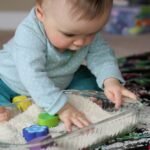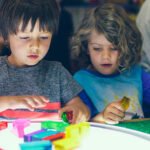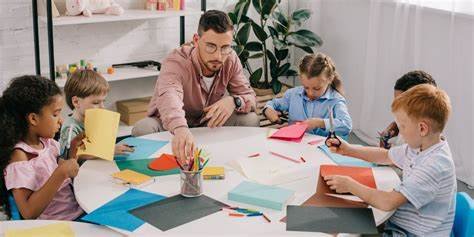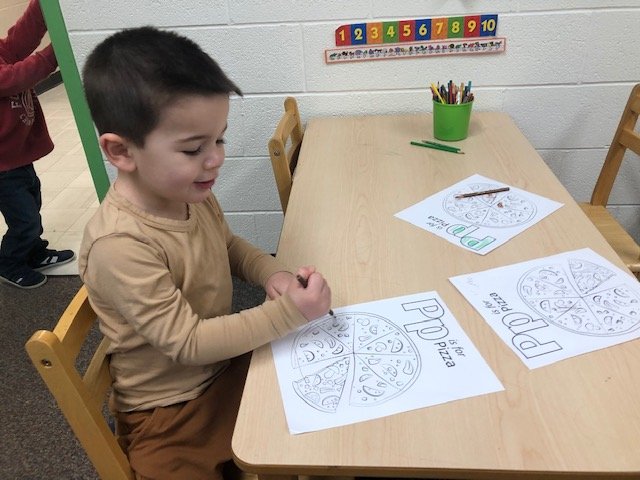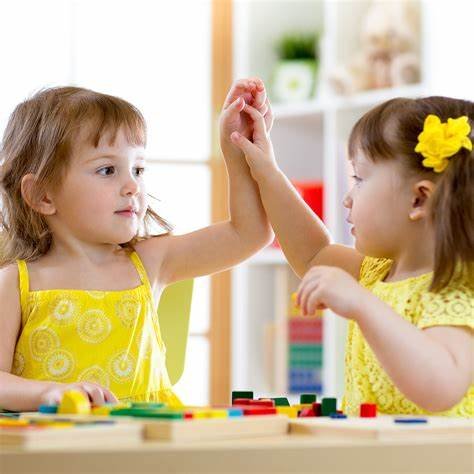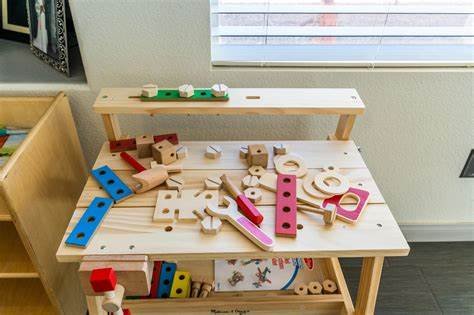Preschool plays a vital role in preparing young children for the transition to kindergarten and beyond. It helps develop foundational skills in various areas, setting the stage for future academic success. Let’s explore how preschool prepares children for the challenges and opportunities they will encounter in school and life.
1. Social and Emotional Development
One of the most significant ways preschool prepares children is through social and emotional development. In a preschool setting, children learn to interact with their peers, share toys, and work together on group activities. They practice important social skills, such as taking turns, following directions, and resolving conflicts. These skills are essential in kindergarten and beyond, where group interactions become a major part of daily learning.
Preschool also helps children build emotional intelligence. They learn to recognize and express their emotions, which aids in self-regulation and empathy for others. As children become more comfortable in social settings, they gain confidence and develop stronger relationships with peers and teachers.
2. Cognitive and Academic Skills
Preschool sets the foundation for academic learning by introducing children to basic concepts in reading, writing, and math. Teachers often incorporate fun and engaging activities that teach letter recognition, numbers, shapes, and colors. These early skills are essential for kindergarten, where children are expected to start reading and writing.
In addition to language and math skills, preschool fosters problem-solving abilities. Activities like puzzles, games, and simple science experiments challenge children’s thinking and improve their critical thinking skills. The exposure to early literacy and numeracy lays the groundwork for a smooth transition into formal education.
3. Independence and Responsibility
Preschool encourages children to develop independence and take on responsibilities. From managing their belongings to following simple routines, children learn how to care for themselves and their environment. This sense of responsibility fosters self-confidence and prepares children for the expectations of kindergarten, where they are expected to manage their personal items, stay organized, and follow school rules with minimal assistance.
As preschoolers become more independent, they also learn the value of making choices and understanding consequences. This growing independence builds a sense of autonomy, which is crucial for their emotional growth and readiness for more structured school environments.
4. Language and Communication Skills
Strong language skills are one of the most important benefits of preschool. Children are exposed to rich language experiences, from listening to stories to engaging in conversations with teachers and classmates. These interactions help expand their vocabulary and improve their listening and speaking abilities. By the time they reach kindergarten, children with strong language skills are better equipped to follow instructions, engage in discussions, and comprehend lessons.
Preschool also encourages children to express themselves creatively, whether through art, dramatic play, or music. These experiences help boost their communication skills and foster a love of learning and exploration.
5. Physical Development
Preschool is also an ideal environment for children to develop fine and gross motor skills. Through activities like drawing, building with blocks, and playing outdoors, children improve hand-eye coordination, balance, and physical strength. Physical development is crucial for early learning as it directly impacts a child’s ability to engage in classroom activities, such as writing and using educational tools. The importance of physical play and exercise in preschool cannot be underestimated.
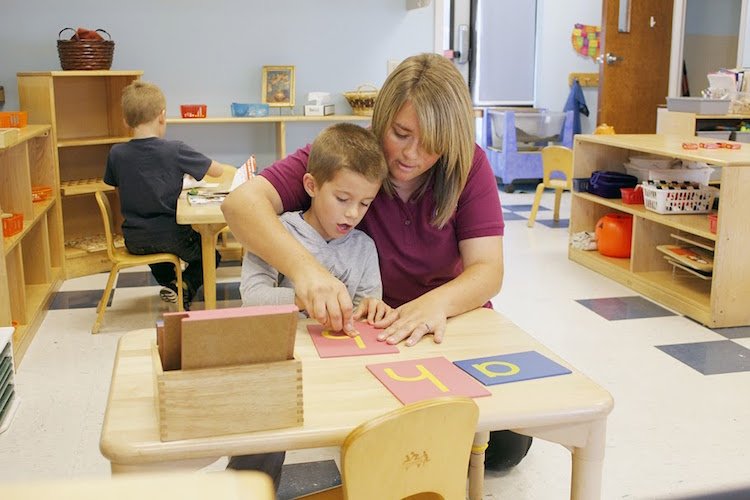
6. Preparing for Structured Learning
Lastly, preschool introduces children to the structure of a school day, which helps them adjust to the routines and expectations they will encounter in kindergarten. They learn how to follow a schedule, wait for their turn, and participate in group activities. These habits and routines create a smooth transition to more formal schooling, where children are expected to sit for longer periods and follow instructions from teachers.
Conclusion
Preschool plays a critical role in preparing children for kindergarten and beyond. It provides a safe and supportive environment where children develop important social, emotional, academic, and physical skills. By the time they enter kindergarten, preschoolers are equipped with the tools they need to succeed and thrive in a school setting. Investing in quality preschool education ensures that children start their educational journey on the right foot, ready for the challenges and opportunities that lie ahead.



